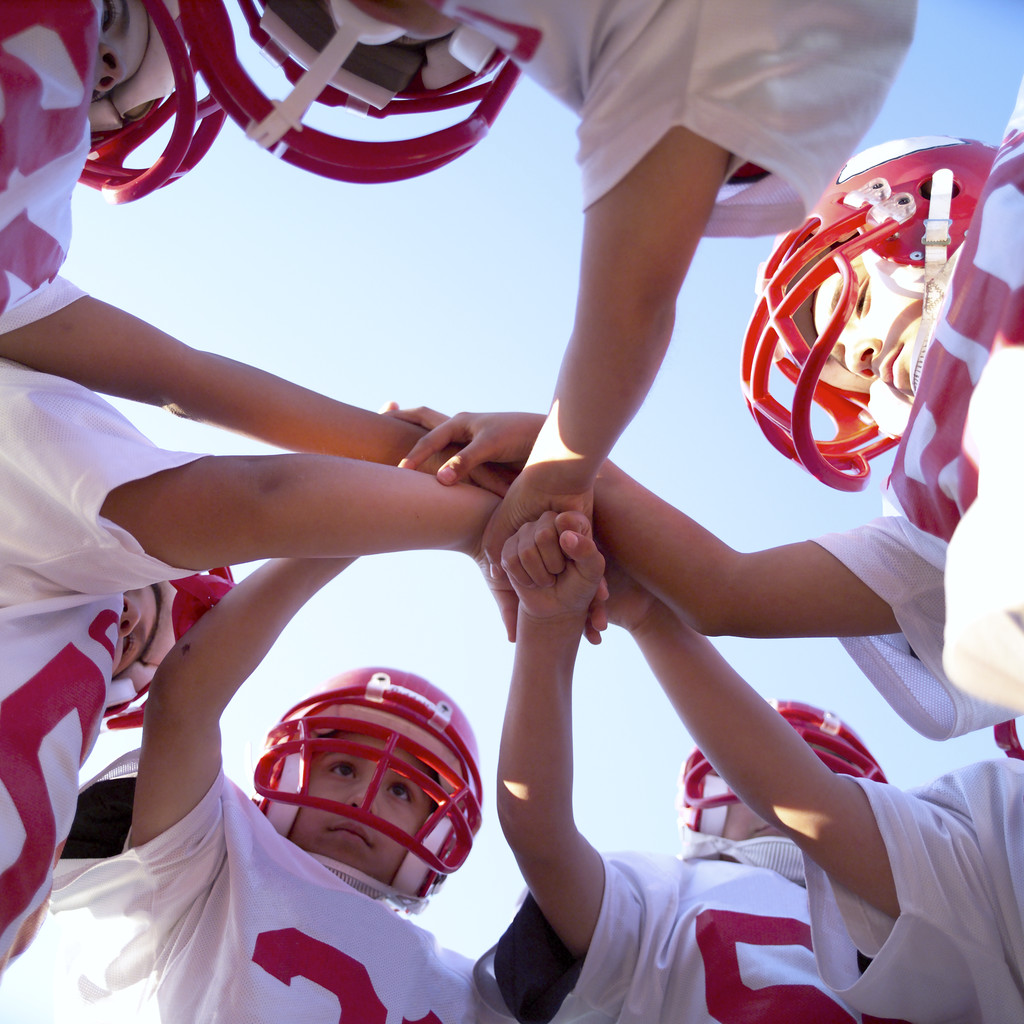School, Sport, and Camp Physicals
Ensuring the health and well-being of children is the top priority for parents, educators, and PromptMed Urgent Care. One crucial aspect of this responsibility is ensuring that children receive regular school, sport, and camp physicals. These exams serve a pivotal role in safeguarding children’s physical health and overall development.

Before delving into the importance of these exams, lets understand what these physicals entail:
School and Camp Physicals: Often required for entry into kindergarten or elementary school, are comprehensive medical evaluations. They assess a child's overall health, growth, and development, including hearing and vision. These physicals are conducted to detect any health issues that may affect a child's ability to learn or participate in school or camp activities.
Sport Physicals: Also known as pre-participation physical examinations (PPEs), are mandatory for participation in organized sports. These assessments focus on evaluating a child's physical fitness and health, looking for any conditions that could make sports participation unsafe.
Why are these exams important?
Detect Hidden Health Issues:
One of the primary reasons why school, sport, and camp physicals are crucial is their ability to detect hidden health issues. At these examinations our healthcare providers can identify conditions that may not be apparent in everyday life. For instance,
- Heart Conditions: Sports physicals can reveal underlying heart conditions that could pose a significant risk during vigorous physical activities. Detecting these issues early can be lifesaving.
- Vision and Hearing Problems: School physicals include vision and hearing tests, helping identify problems that might hinder a child's academic performance if left undetected.
- School physicals assess a child's spine for conditions like scoliosis, which, if untreated can lead to severe health issues in adulthood.
Promote Healthy Life Styles: Regular physical examinations at school and before sport participation serve as an opportunity to educate children and parents about healthy lifestyles. During these visits our healthcare provider can:
- Offer Health Advice: Our healthcare professionals can provide guidance on nutrition, exercise, and other health-related topics to promote overall well-being.
- Discuss Preventative Measures: These appointments are an ideal time to discuss vaccinations and preventative measures like the importance of regular exercise and a balanced diet.
- Monitor Growth and Developments: By tracking a child's growth and development over time healthcare providers can identify potential concerns and provide timely interventions.
Ensure Safe Sports Participation: For children involved in sports, sport physicals are essential for safety reasons. They help in:
- Risk Assessment: Assessing a child's physical condition helps determine if they are fit to participate in specific sports. This is crucial in preventing injuries.
- Injury Prevention: Identifying pre-existing conditions or physical limitations allows for personalized recommendations to prevent sport-related injuries.
- Emergency Planning: In the event of an emergency on the field, sports physicals ensure that coaches and medical personnel are aware of a child's medical history and any relevant conditions.
Compliance with Regulations:
Many schools and sport organizations require students to undergo physical examinations as part of their enrollment or participation requirements. Compliance with these regulations ensures that all children receive the necessary assessments, reducing the risk of injury or illness while participating in sports, or attending school or camp.
Regular school, sport, and camp physicals are not just routine check-ups; they are vital tools in safeguarding the health and well-being of children. These examinations can detect hidden health issues, promote healthy lifestyles, and ensure safe sports participation. Parents, educators, and healthcare professionals must work together to ensure that children receive their school, sport, or camp physicals at the recommended ages, ultimately contributing to their long-term health and success.